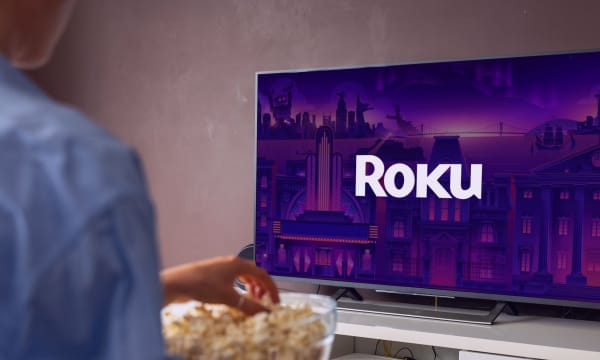To misunderstand today's youth (Gen Z) is to view their digital habits as some sort of tectonic shift. Away from the TV set. Away from mass programming. Away from long-established viewing dayparts.
For that to be true, Generation Z would have had to have started with large screens, habits of watching shows from the big networks, and a regimen of primarily engaging with content during the evening hours.
None of that, in fact, is the reality.
Some of those born between 1998 and 2016 undoubtedly had a mobile phone in one hand with a pacifier in the other. We, um, had an Etch A Sketch.
Preferred screen? While you and I can point to our very own first TV as a milestone moment, Gen Z considers getting a phone as an important life event. Today's teens might even get their first phone when they're around 12.
Desired content? Seven in 10 teens told Google that they spend more than three hours per day watching mobile video. And much of the consumption comes via YouTube, Snapchat, and Instagram and is user-generated rather than Hollywood-produced.
Time of day? The smartphone is in Gen Z's hands from sunrise to well past dinner time. Viewing happens on the bus, at the lunch table, during recess, and every other time that this group wants to be entertained, informed, or otherwise occupied.


